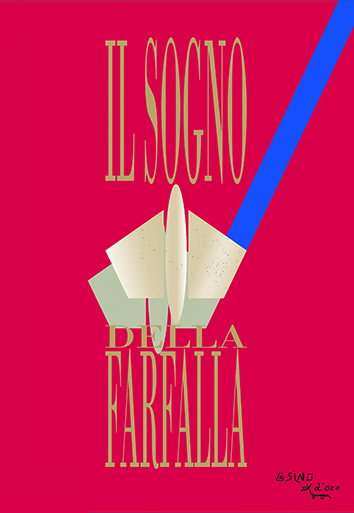La truffa dell’anguilla ovvero la vera causa del primo conflitto mondiale: considerazioni sull’analisi di Ernst Blum
DOI:
https://doi.org/10.14663/sdf.v15i4.311Abstract
In 1922 the young Swiss psychiatrist Ernst Blum, who belonged to a wealthy Jewish family, underwent psychoanalysis with Freud for three months. The article looks into this case following the publication of a diary of these sessions, edited by M. Pohlen. In contrast to Pohlen, the authors of the article on the basis of their long psychotherapeutic experience do not interpret the clinical case as demonstrating the conflict between assimilation into German society and the Jewish cultural identity. What comes to the forefront is the difficulty experienced by the Blum family and Freud himself in accepting Blum’s fiancée, a doctor herself. Freud expressed extremely conservative opinions on women’s roles and their sexuality and finally offered his own daughter Anna Freud in marriage to the young Blum. This analysis characterized by a “reciprocal flux of associations” was greatly appreciated by Blum but showed no evidence of an elaboration of the transfert leaving all interpretations up to Blum himself. A series of incoherences and dissociated contents can be found in the communication of the analyst whilst Blum’s request to want to learn how to cure people using the unconscious was not even heeded. The fascination of the dreams recounted by Blum, often featuring themes of fraud and swindles, has withstood the test of time.


